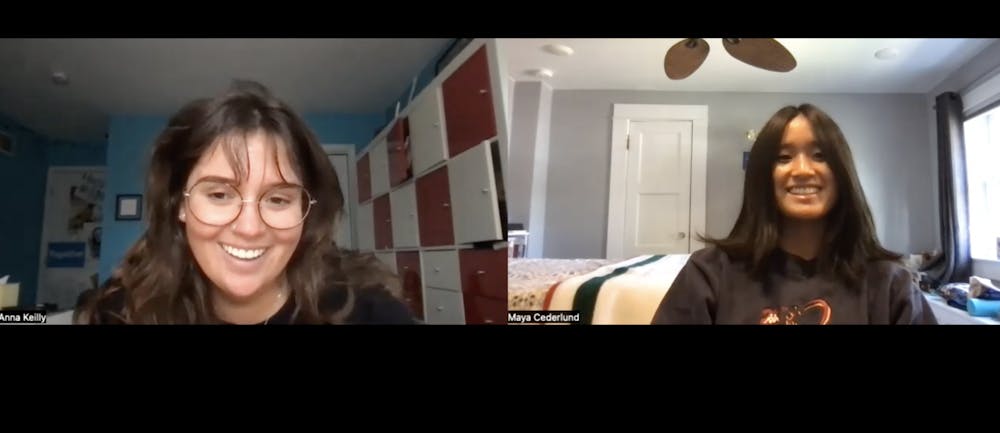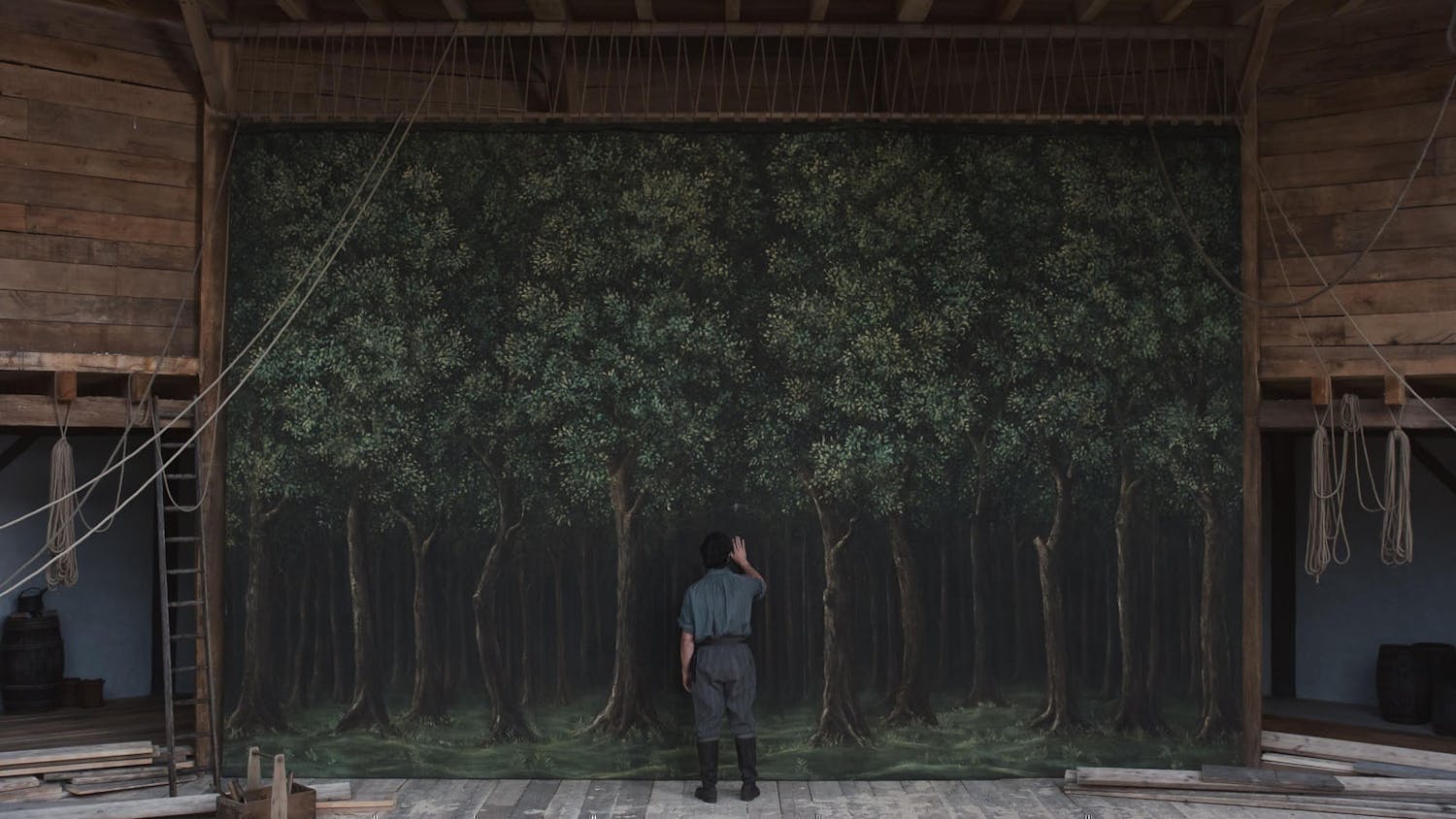Five School of Public Affairs graduate students received the Best MPA Capstone Poster Award this year for their research project: “The Floor, Not the Ceiling: Roe v. Wade and Public Policy.”
Anna Keilly, Rionach McEwen, Cassandra Praino, Olivia Higgins and Meghan Mertyris were the team of SPA students that worked on the project explaining Roe v. Wade’s history and opposition in the United States.
Keilly, a recent AU graduate who studied CLEG in her undergraduate degree and Public Administration for her master’s degree, said the poster focused on abortion access in the United States through a lens of public policy.
Keilly said the project also focused on how Roe v. Wade affected abortion in the United States on a federal and state level. The project also focused on how public managers can influence the result of Roe v. Wade for women in the United States.
Keilly, McEwen, Praino, Higgins and Mertyris completed more than 12 interviews with doctors, activists and those who had an experience with abortion.
The title of the group project was inspired by an interview they had, according to Keilly. The interviewee said that Roe v. Wade should be considered the minimum but is actually seen as the maximum.
Keilly said winning the MPA award “felt amazing;” the project was timely and brought attention to the topic. “So seeing the recognition of the importance of this work, and getting that kind of validation of an all-women group, who had just spent an entire semester researching and writing on this topic … was some light, I think, for us, at least and our families, too, I think that we were able to get this kind of recognition,” she said.
According to the poster, there are three main routes to improve access to reproductive care: federal (lobbying your representatives), state/local (talking to your local representatives) and personal guidelines. Keilly and the people she interviewed said going the local way was the “most effective way” because the money could go to a different place than where the donor intended.
Keilly added people should look at organizations that empower and provide safe care for women and people of color. Keilly also said many studies and organizations exclude nonbinary and non-female-identifying people requesting abortion access.
Keilly said the DC Abortion Fund is the main resource in D.C. people can donate to, and The National Network of Abortion Funds is a network made up of more than 90 organizations that give to pregnant people directly affected by various issues.
“So finding local organizations like that will be a great resource for those people as well,” she said.
Weeks after this award was announced, the Supreme Court overturned Roe v. Wade, allowing the right to an abortion to be decided by states on June 24, 2022.
Keilly said that banning abortions will not stop abortions from occurring; it will stop safe ones. In places where abortions are prohibited, “the expectations for women are so incredible that having something as safe and easy as access to health care adds such horrible consequences” for the individual carrying the child and the people in their life.
Keilly said we should make sure we’re doing “everything we can” to ensure people providing abortion-related care are receiving sufficient funds and resources; we should find ways of supporting those currently searching for care and support and those who will be searching for it in the future.





